Comments
- No comments found
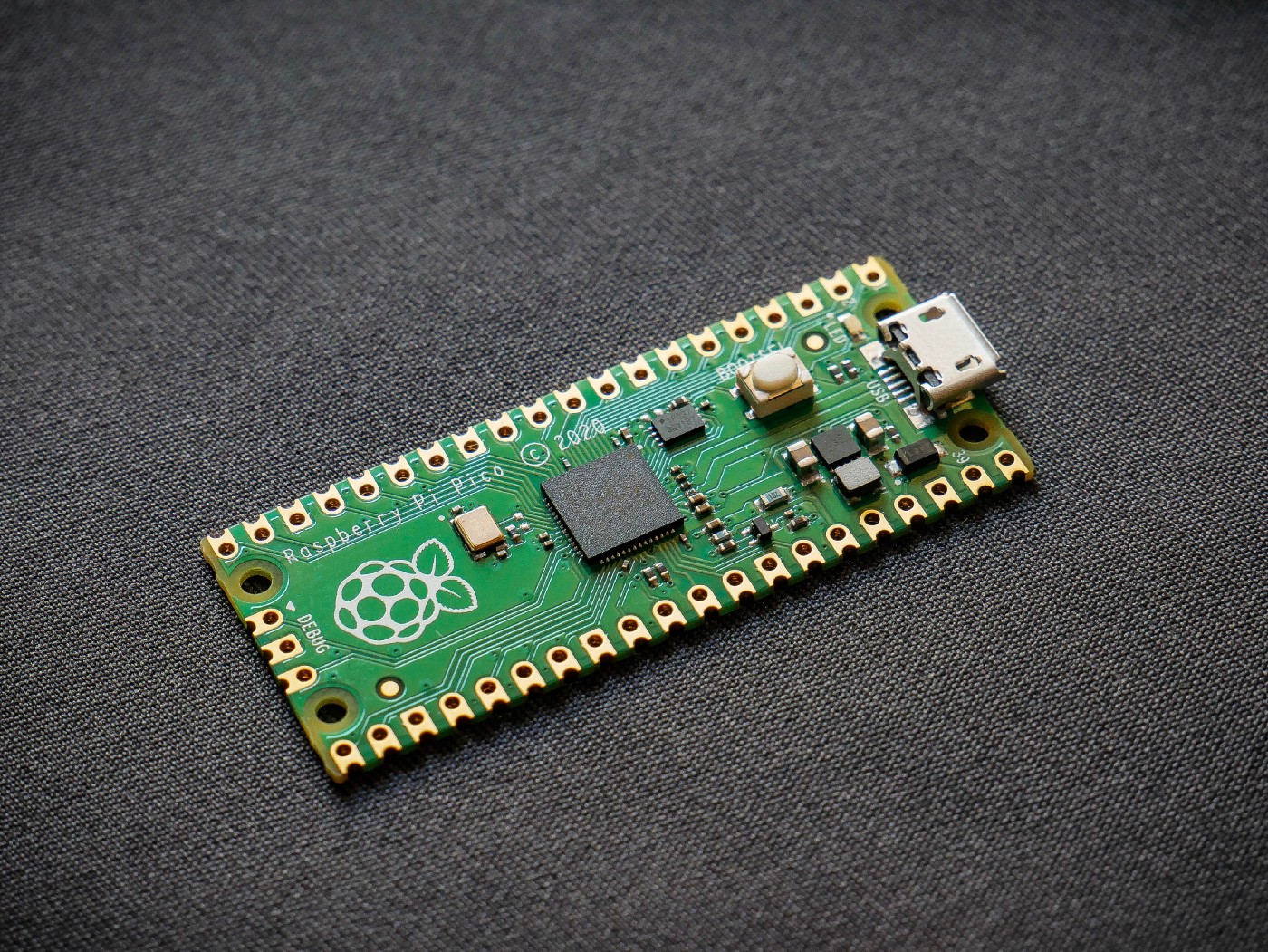
Machine learning (ML) has the potential to affect various industries positively.
Still, for ML to be more inclusive, the size and energy consumption can be an issue. TinyML benefits can help with multiple issues and make ML more inclusive.
Machine learning is the branch of artificial intelligence (AI) that enables systems to learn and adapt to data like a human brain and gradually improve its accuracy. This dynamic branch of computer science has influenced many industries but still has a lot of areas where it can be used. But there are several hurdles in its way, like computational resources and power consumption. Due to this reason, the use of ML is mainly restricted to the cloud, where high-performance computer resources are easily accessible. Hence, to improve accessibility and widen the scope of ML, finding ways to use it in smaller and power-constrained devices can enable it to grow its scope into other industries. Tiny Machine Learning, or TinyML, is a result of this pursuit. Let’s explore this concept and TinyML benefits in more detail.
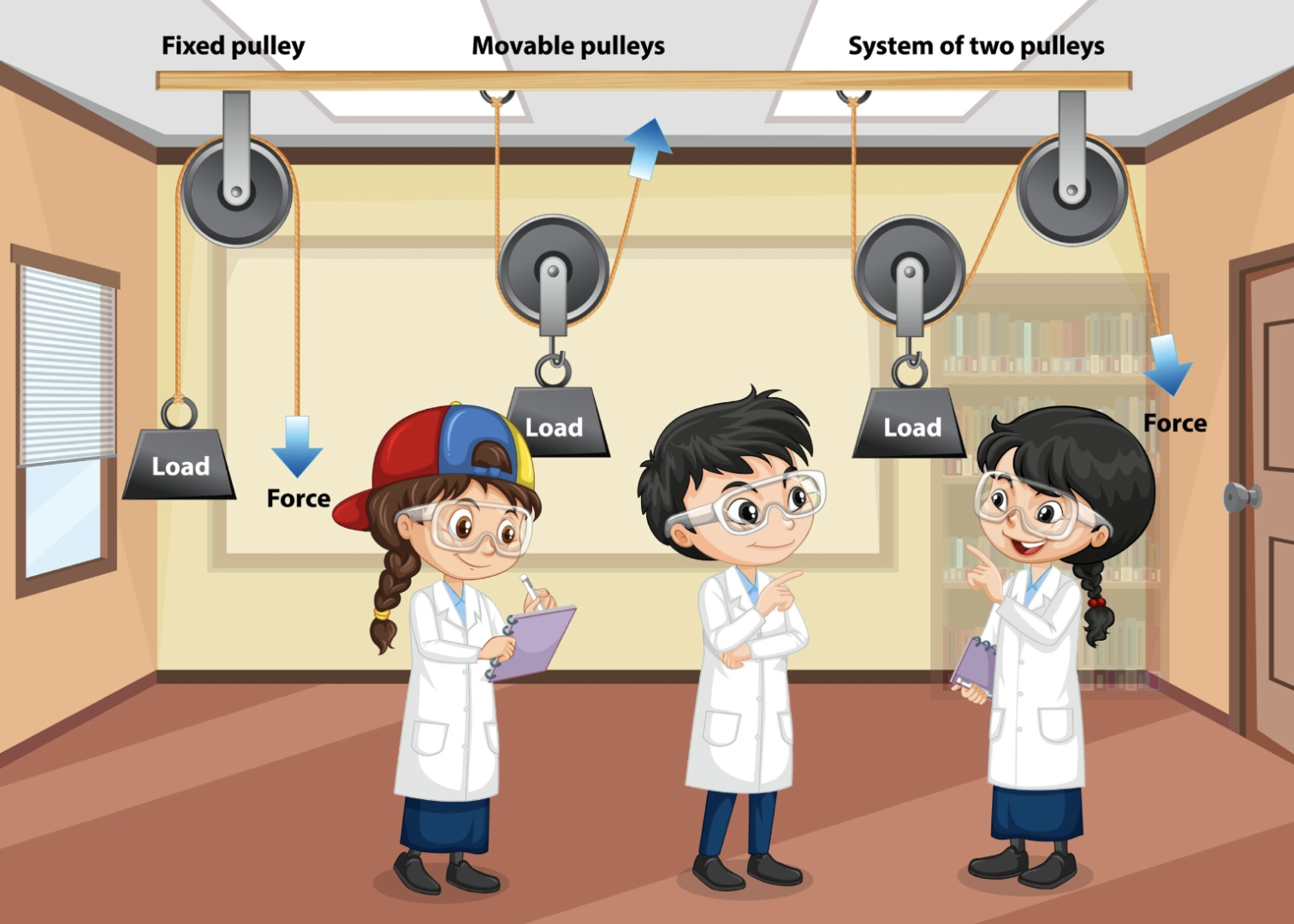
TinyML is ML optimized to run on very low-powered devices and devices that take up little space compared to ML. It is a field of study in ML that explores ML applications, i.e., once it is reduced, optimized, integrated, and can run on small devices. A combination of hardware and software used for a specific function is known as an embedded system. An example of this would be a calculator or an MP3 player. TinyML lies somewhere between the fields of embedded systems and ML. Even though TinyML is a relatively new field, it has been utilized by tech giants like Apple, Google, and Amazon.
ML technology uses neural network algorithms to train a computer to detect patterns. Several applications, including object identification and natural language processing (NLP), are drawn from this. On the other side, TinyML is a subfield of machine learning that aims to enable ML applications on cheap resources and power-constrained devices.
Here, TinyML's goal is to push machine learning to the absolute limit so embedded devices powered by batteries and microcontrollers can instantly complete ML jobs. This requires optimizing and maximizing hardware, software, data science and machine learning.
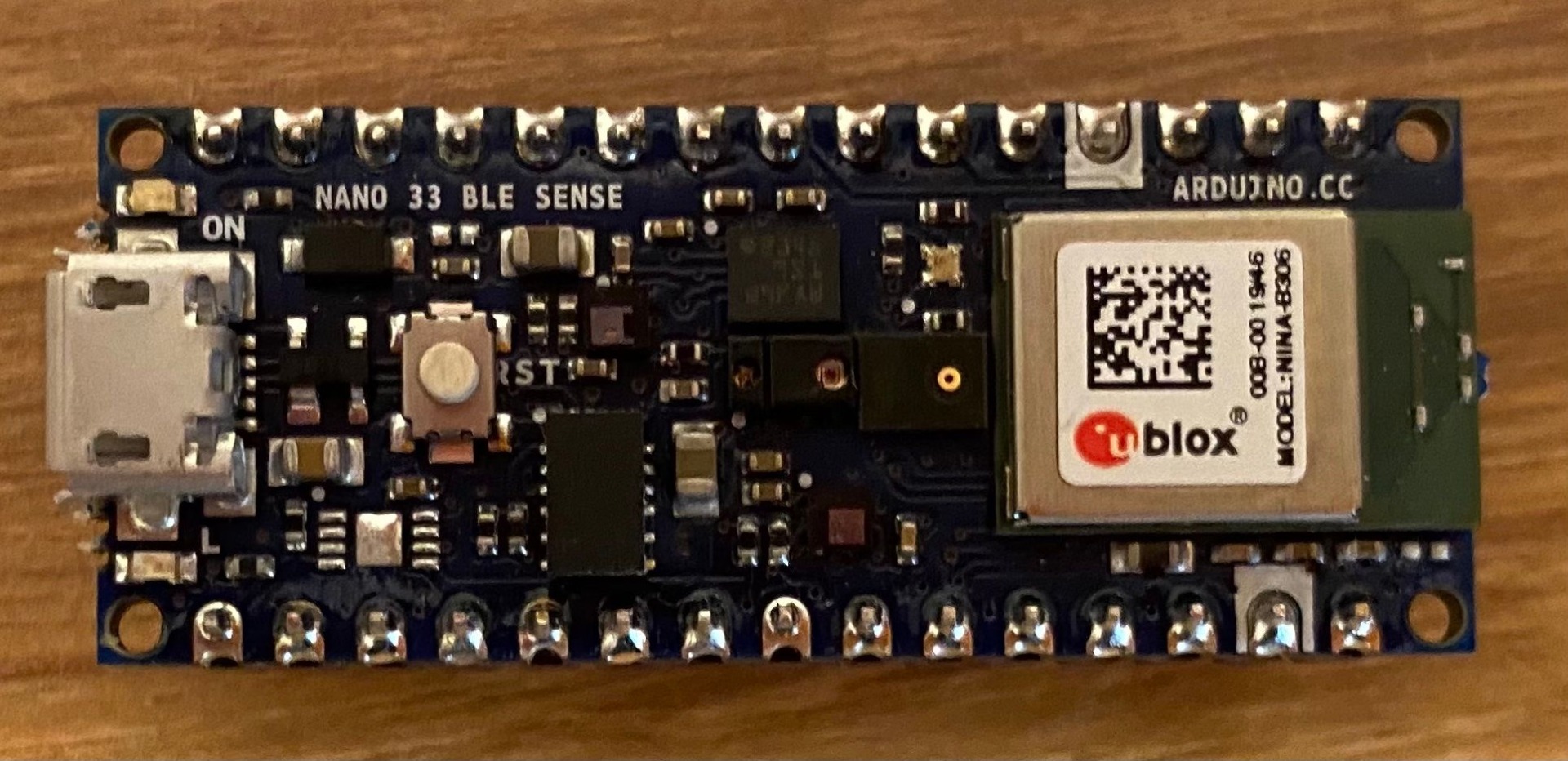
After the ML model has been trained, it can be compressed without affecting its accuracy. Pruning and knowledge distillation are the two following steps toward compressing. Pruning is the process of removing unnecessary data from the algorithm which may not affect the output. After this, the network is usually trained with the new trimmed architecture. Knowledge distillation refers to the transfer of knowledge from a larger model to a smaller one. This results in a reduction in the size of the knowledge represented and can be used with limited memory.
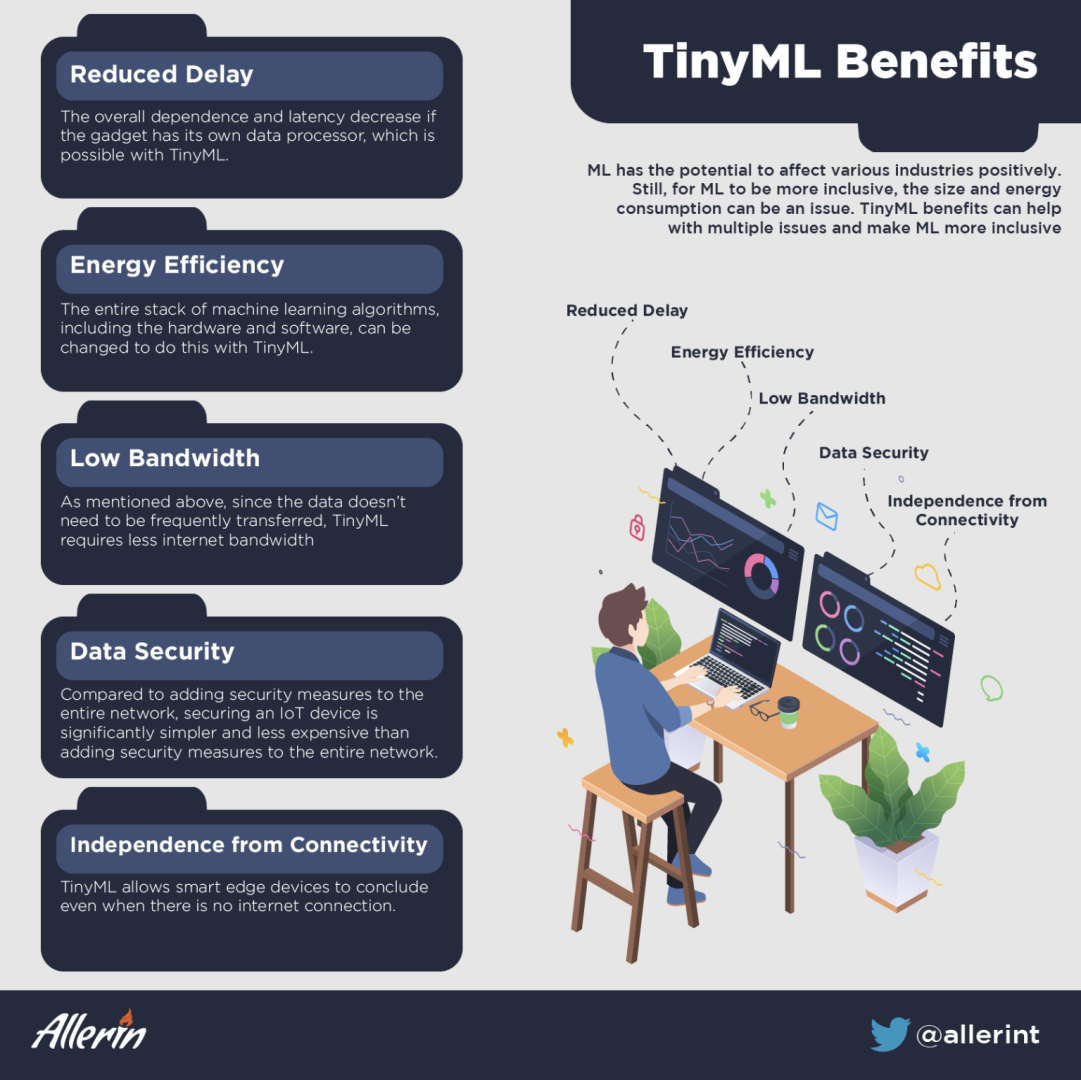
A user expects the data to be instantly transmitted when using a device. Typically, the device transmits the instruction to the server, which then sends the information back to the device after processing the data. This can occasionally cause lag or delay, and it happens more frequently in slower networks. The overall dependence and latency decrease if the gadget has its own data processor, which is possible with TinyML.
The carbon footprint of AI technology has risen due to machine learning advancements such as more extensive, more sophisticated neural networks, quicker processing speeds, and more complicated networks. Recently, several scientists and academics have shifted their attention to finding ways to reduce machine learning's carbon footprint without sacrificing precision or dependability. The entire stack of machine learning algorithms, including the hardware and software, can be changed to do this with TinyML.
As mentioned above, since the data doesn’t need to be frequently transferred, TinyML requires less internet bandwidth.
The degree to which data is vulnerable rises as data management, processing and transmission occur across a network. TinyML gives devices the ability to process and manage data. As sensitive data is maintained and processed in the device rather than in the cloud, it can reduce data susceptibility to a larger extent. Compared to adding security measures to the entire network, securing an IoT device is significantly simpler and less expensive than adding security measures to the entire network. TinyML significantly enhances data privacy and prevents cybersecurity problems.
TinyML allows smart edge devices to conclude even with no internet connection.
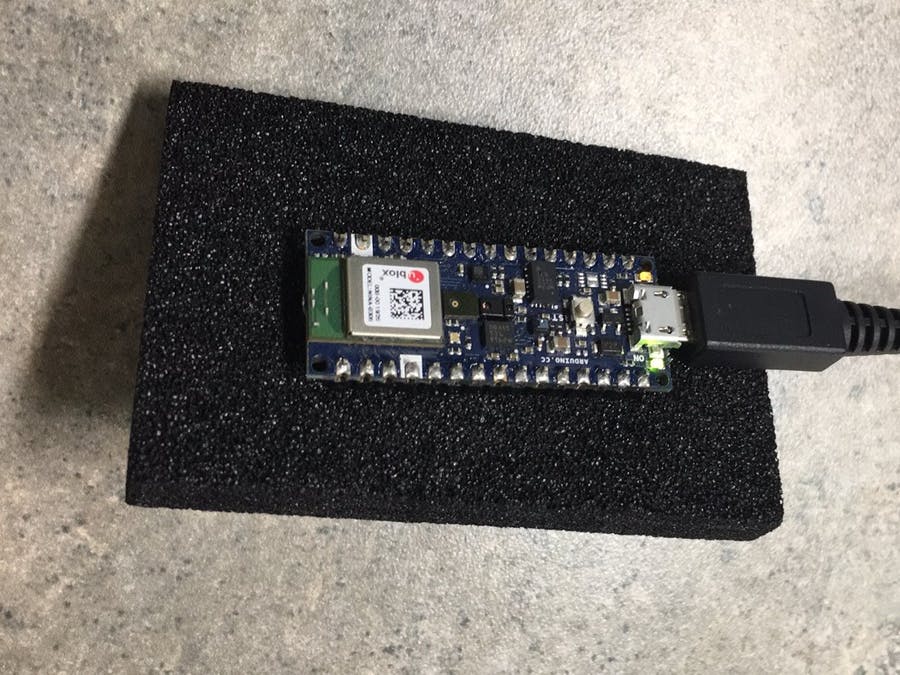
TinyML devices have kilobytes or megabytes of memory compared to a phone with gigabytes and terabytes of storage. The size and duration of the machine learning models used on these devices are thus limited.
Unlike in a cloud environment, where troubleshooting can be done remotely, since the ML model trains on the data that the device collects and runs on it, it is more difficult to identify and resolve performance issues.

TinyML offers a variety of choices and has demonstrated success on edge devices. It can perform activities and respond to auditory commands. Google Assistant and Alexa are a couple of instances of TinyML applications. These devices are always on, and listen for the wake word in your voice. Other applications include:
The use of TinyML in low-powered devices can help identify machine-related issues ahead of time. This can be used for prediction-based maintenance. An Australian start-up adopted the same into their wind turbines. TinyML has been attached to the turbine’s exterior, where it detects problems or malfunctions beforehand and notifies the authorities.
Farmers today can use the TensorFlow Lite app to photograph sick plants and determine their ailments. It doesn't need an internet connection and may be used on any device. For farmers who live in remote areas, the approach ensures the preservation of agricultural interests.
The Solar Scare Mosquito is a product that focuses on curbing diseases spread by mosquitoes, such as dengue and malaria. It is a solar-operated device that sits on stagnant water to create air bubbles at regular intervals to avoid the breeding of mosquitoes. This device uses TinyML to monitor the environment and create disturbance in water to prevent mosquito breeding.
TinyML can assist in keeping an eye on the inventory of goods on the shelf in retail establishments and sending out warnings when it runs low. This helps businesses manage their inventories and satisfy their customers.
Whether industries realize it or not, TinyML is an integral part of people’s everyday lives. From keyword recognition to object classification, we are entirely surrounded by TinyML. It is developing fast and can open up new research opportunities that discuss integrating TinyML benefits into various industries, moving towards a brighter future.
Naveen is the Founder and CEO of Allerin, a software solutions provider that delivers innovative and agile solutions that enable to automate, inspire and impress. He is a seasoned professional with more than 20 years of experience, with extensive experience in customizing open source products for cost optimizations of large scale IT deployment. He is currently working on Internet of Things solutions with Big Data Analytics. Naveen completed his programming qualifications in various Indian institutes.
Leave your comments
Post comment as a guest